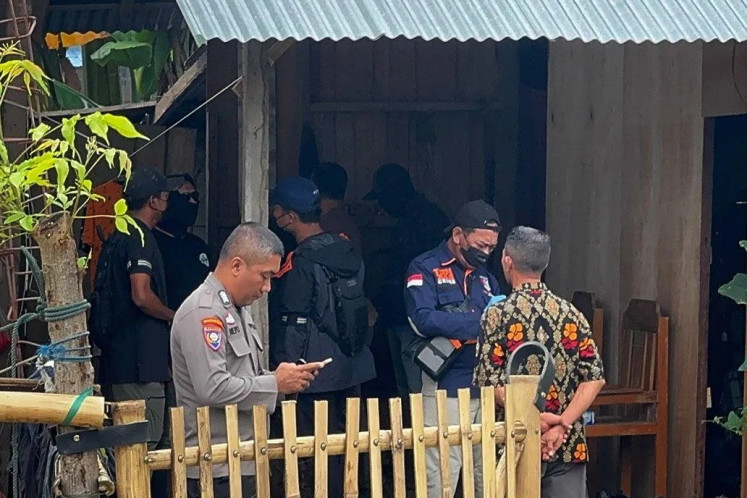Popular Reads
Top Results
Can't find what you're looking for?
View all search resultsPopular Reads
Top Results
Can't find what you're looking for?
View all search resultsUnintended pregnancies put women’s health and lives at risk
In the developing world, unsafe abortions cost an estimated US$553 million per year in treatment costs alone, the UNFPA says.
Change text size
Gift Premium Articles
to Anyone
T
his year’s State of World Population (SWOP) reveals a grim truth long buried beneath the surface, namely unintended pregnancies. The United Nations Population Fund’s (UNFPA) flagship annual report shows that nearly half of all pregnancies in the world are unintended, meaning 121 million pregnancies happen every year without planning.
It is concerning to see so many women get pregnant without being able to make a conscious choice beforehand. As a pregnancy changes a woman’s life drastically, she should make informed decisions about whether or not to get pregnant, or when or with whom she should get pregnant.
The 2022 SWOP report, themed “Seeing the Unseen: The case for action in the neglected crisis of unintended pregnancy”, is certainly an eye-opener with regard to the neglect of women’s reproductive health rights.
The issue of unintended pregnancy has received close attention from the UNFPA and is the major theme of its SWOP report because this kind of pregnancy is almost invisible. Most people likely consider it a problem of daily life, or something that is considered routine, while in fact pregnancies adversely affect women physically and mentally if they are not prepared for them.
For many women, including in Indonesia, reproductive choice whether or not to become pregnant is a non-issue. This is why the SWOP this year reminds us of the danger of ignorance to the fact that around a quarter of women in the world are unable to make decisions about their own reproductive health care.
“Unintended pregnancies happen everywhere. […] This issue is so common that we take it for granted. That is why this crisis remains invisible,” said UNFPA Indonesia country representative Anjali Sen during the 2022 SWOP launch in Bogor, West Java, last month.
One of the most critical points of the report is its differentiation between unwanted pregnancy and unintended pregnancy. These two concepts have different contributing factors and outcomes so they cannot be interchangeably used.



















